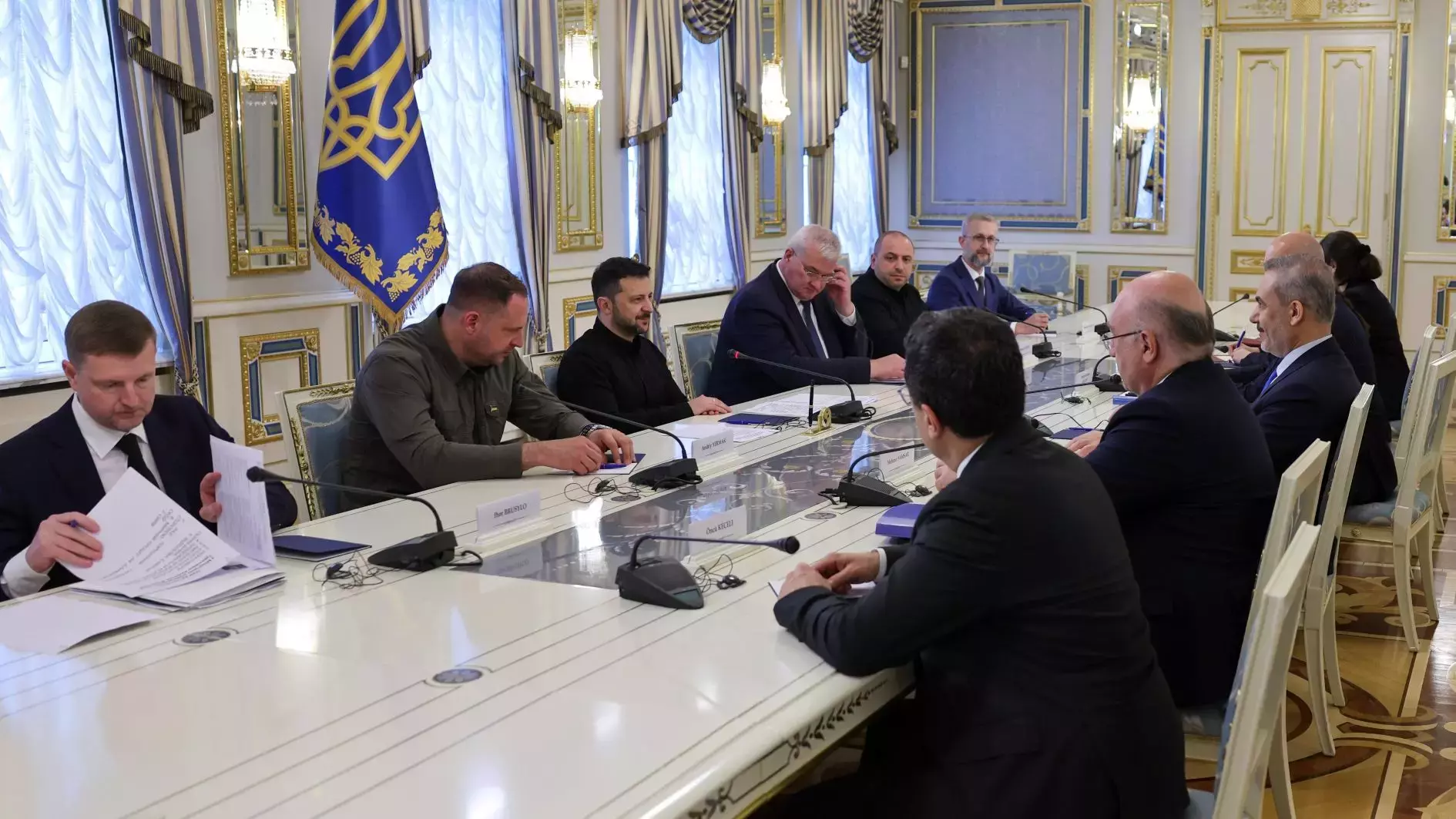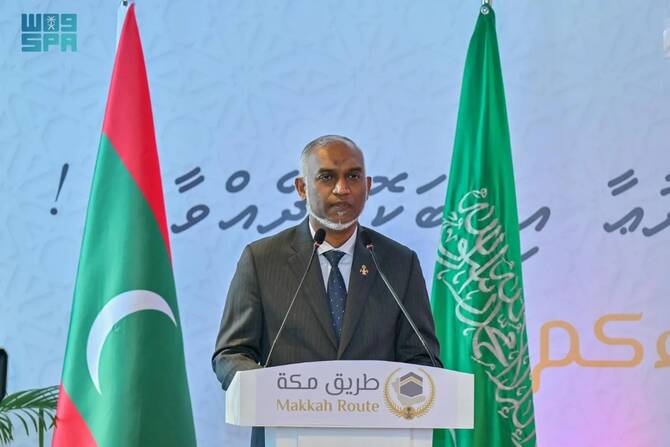Leaders from the Association of Southeast Asian Nations (ASEAN) began a series of high-level summits with China and Gulf states on May 27, 2025, as the bloc looks to strengthen regional economic ties in the face of renewed trade tensions with the U.S.
The meetings are being held in Singapore and come as the U.S. considers imposing new tariffs on key Asian exports, prompting ASEAN members to seek alternative trade routes and partnerships. ASEAN leaders emphasized the need to bolster economic resilience and cooperation, especially as global supply chains remain fragile following the pandemic and ongoing geopolitical rifts.
Focus on Economic and Energy Cooperation
In discussions with Chinese and Gulf Cooperation Council (GCC) officials, ASEAN representatives prioritized agreements on infrastructure development, digital economy, renewable energy, and food security.
China reaffirmed its commitment to enhancing connectivity through the Belt and Road Initiative, while Gulf states proposed increased collaboration in energy exports, investment, and Islamic finance.
Officials stated that ASEAN’s engagement with the Gulf and China reflects a broader strategy of economic diversification, amid uncertainty over U.S. trade policy.
U.S. Tariff Threats Loom Over Talks
The summit comes days after U.S. President Donald Trump warned of possible tariffs on Asian electronics and agricultural products, citing trade imbalances and concerns over intellectual property protection.
Several ASEAN economies, including Vietnam, Thailand, and Malaysia, could be affected. The potential tariffs have injected urgency into regional economic dialogues, as leaders aim to shield their markets from further shocks.
“The timing of these summits is not coincidental,” a senior ASEAN official told reporters. “We’re strengthening partnerships that offer stability.”
China and Gulf States Expand Influence
China, already ASEAN’s largest trading partner, used the platform to promote digital cooperation, AI development, and currency settlement systems not reliant on the U.S. dollar. Beijing also encouraged deeper ties in education and health sectors.
The Gulf states, led by Saudi Arabia and the UAE, presented initiatives to increase investment in green energy projects and logistics hubs across Southeast Asia, with several countries expressing interest in joint ventures.
ASEAN’s Balancing Act
ASEAN continues to navigate between competing global powers, aiming to remain non-aligned while maximizing economic opportunities. Member states emphasized the need for a rules-based international order, peaceful dialogue, and multilateralism.
While no binding agreements were announced, the summits are expected to lay the groundwork for future trade pacts and investment deals, reinforcing ASEAN’s position as a central player in the evolving global economy.
Further meetings and joint statements are scheduled over the next two days, with follow-up negotiations likely to continue in the second half of 2025.
Source; Al Jazeera



